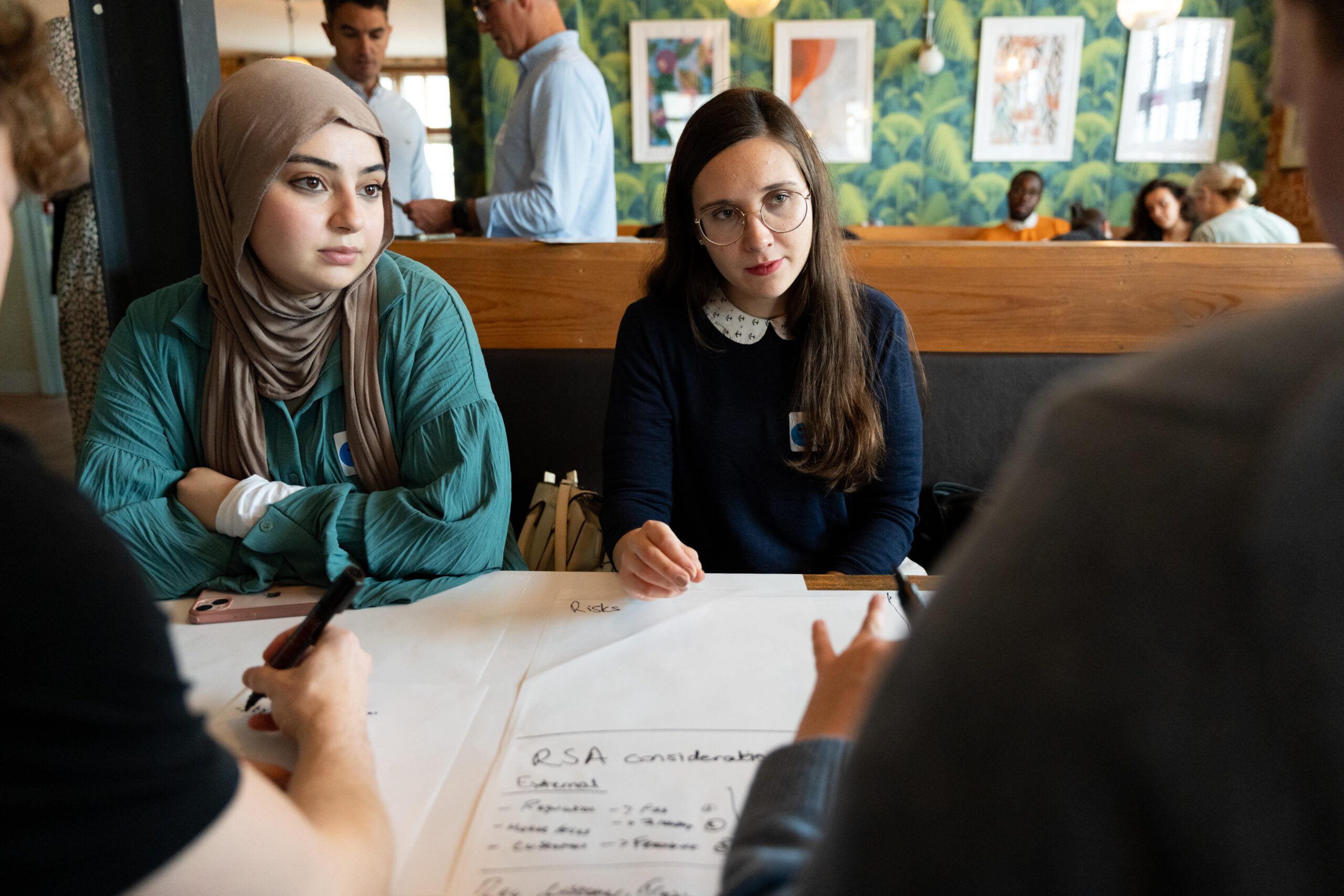
A grim outlook for 2020’s graduates
We explore what this summer has in store for the next wave of workers.
For many students, July means one thing – graduation. Thousands of students nationwide should be donning their caps and gowns to celebrate their graduation. However, due to this year’s pandemic, graduation has shifted from celebrating with friends and family on university campuses to attending virtual ceremonies at home during lockdown.
At this time of year, organisations are normally competing for top talent for graduate jobs, programmes and schemes. This summer, graduates across the UK should be taking their first steps on the career ladder. They’ve been working hard over the last three or more years with the promise of getting a job once they graduate. But with organisations pausing or stopping their graduate recruitment in response to the pandemic, the opportunities for emerging talent this graduation season are few and far between.
Graduate job prospects
More than just an anticlimactic ending to their studies, 2020 graduates are entering the job market in what the Bank of England predicts will be ‘the worst recession in 300 years’. Graduate job openings have fallen by 77% since the beginning of the year, from 15,000 to just over 3,000. And one in six employees aged between 35 and 60 have lost work since March compared to one third of 18 to 24-year-olds. It’s clear that young professionals and the emerging workforce will likely be hit hardest by COVID-19 fallout.
Although older generations of the workforce seemed to have avoided the worst blows of COVID-19 job losses for the time being, the knock-on effects of not embracing the emerging workforce are substantial. Those graduating this summer are a vital part of the future workforce. Today’s graduates are tomorrow’s leaders. For organisations that don’t hire graduates, the consequent talent void can pose a serious threat to organisations’ ability to deliver and remain competitive in a post-COVID world.
Digital skills for the future
During the pandemic, we’ve seen organisations all over the world undertake rapid, large-scale digital transformation. Employees have adjusted to remote working, relying on digital skills and tools more than ever before. As digital natives, the emerging workforce are well-equipped to support digital innovation of all kinds. Their inherent understanding of technology means they quickly adapt to using new programmes and software.
The people that have helped organisations survive COVID-19 are no doubt those who offered a fresh perspective that allowed organisations to pivot their operations. Anna Moore, HR Director at Pollinate says “I have personally learnt a lot from the Grayce Analysts that have come in. They are a very capable, quite confident bunch. And they have brought loads to us. I look at the HR Analyst I have; he has a different perspective on things that really challenged me to think in a different way. So, I would say they have really added an extra level of knowledge in our organisation.”
An adaptable workforce
Unlike older generations, today’s emerging workforce don’t have a pre-determined career path in mind. They know it’s unlikely that they will spend twenty years working for the same company. So, new graduates are open to lateral career moves, department changes, freelancing and even setting up their own businesses.
This curiosity and adaptability make them very malleable team members. Grayce Analyst, Josh Sunley is supporting a leading retailer through COVID-19. Josh says: “The ability to pick up whatever work lands on anyone’s desk within the team is imperative for us to continue to move forward. Whether it’s a piece of analysis, technical system mapping or devising and presenting solutions to senior management. I think that such a flexible role lends itself well to someone at the start of their career that has yet to specialise in a particular area."
Making a difference
The emerging workforce want to make an impact through their careers. The combination of digital skills and a desire to make positive change makes them natural innovators. Grayce Analyst, Emma Hooker says, “My drive to make things better has enabled me to succeed on client site. I’m a focused and logical person who is looking to get the best results for as many people in a business as I can.”
All of these qualities are part of why Grayce continues to champion the emerging workforce. Through Grayce, graduates have been proving their talent, skill and worth to FTSE100 & 250 organisations for the last seven years. Organisations now have an opportunity to capitalise on the digital skills of today’s graduates, as well as their desire to give back by providing them with meaningful roles.
Championing the emerging workforce
Grayce’s graduate Development Programme shapes graduates into well-rounded change professionals who are supporting transformation and operations at leading organisations nationwide. From pharmaceuticals and healthcare to financial services, retail, legal services and more, our Analysts are helping organisations close the skills gap and deliver lasting change.
If given the opportunity, the talented graduates of 2020 can play a key role in future-proofing leading organisations in a post-COVID world. Give them the chance to help you weather pandemic-related storm’s today whilst preparing your talent pipelines for the future.
Find out more about the Grayce graduate Development Programme




